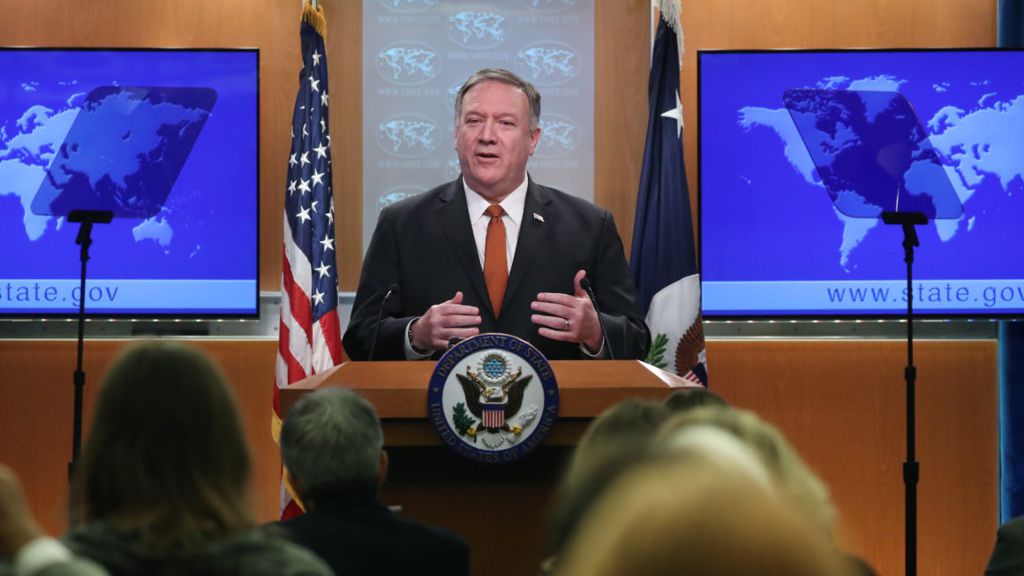Michael R. Pompeo is U.S. Secretary of State.
EU communications ministers will gather in Brussels on Tuesday to discuss how to safeguard emerging fifth-generation (5G) wireless networks. Their decisions could have lasting impacts on European countries’ ability to protect their people’s privacy, and ultimately, safeguard their freedoms.
5G networks will soon touch every aspect of life, including critical infrastructure. Innovative new capabilities will power autonomous vehicles, artificial intelligence, smart grids and other groundbreaking technologies. Thanks to the way 5G networks are built, it’s impossible to separate any one part of the network from another.
With so much on the line, it’s urgent that trustworthy companies build these 21st-century information arteries. Specifically, it’s critical that European countries not give control of their critical infrastructure to Chinese tech giants like Huawei, or ZTE.
Just consider Huawei’s track record. The company, based in Shenzhen, maintains links to the Chinese People’s Liberation Army. It is implicated in espionage in the Czech Republic, Poland and the Netherlands, has allegedly stolen intellectual property from foreign competitors in Germany, Israel, the United Kingdom and the United States, and is accused of bribery and corrupt practices in countries like Algeria, Belgium and Sierra Leone. Huawei receives massive state support that unfairly allows it to undercut prices offered by market-based rivals.
With 5G capabilities, the CCP could use Huawei or ZTE’s access to steal private or proprietary information.
But securing 5G networks means more than preventing any one company from building them. China’s National Intelligence Law makes clear that the Chinese Communist Party (CCP) can force any 5G supplier headquartered in China to turn over data and take other actions in secret.
That’s troubling, because the CCP itself is behind a long list of malicious cyber activities. Just last year, the U.S. Department of Justice charged members of the Tianjin-based hacking group APT 10 — which acted in association with the Chinese Ministry for State Security — with attacking dozens of European and American firms to steal intellectual property and sensitive personal information.






